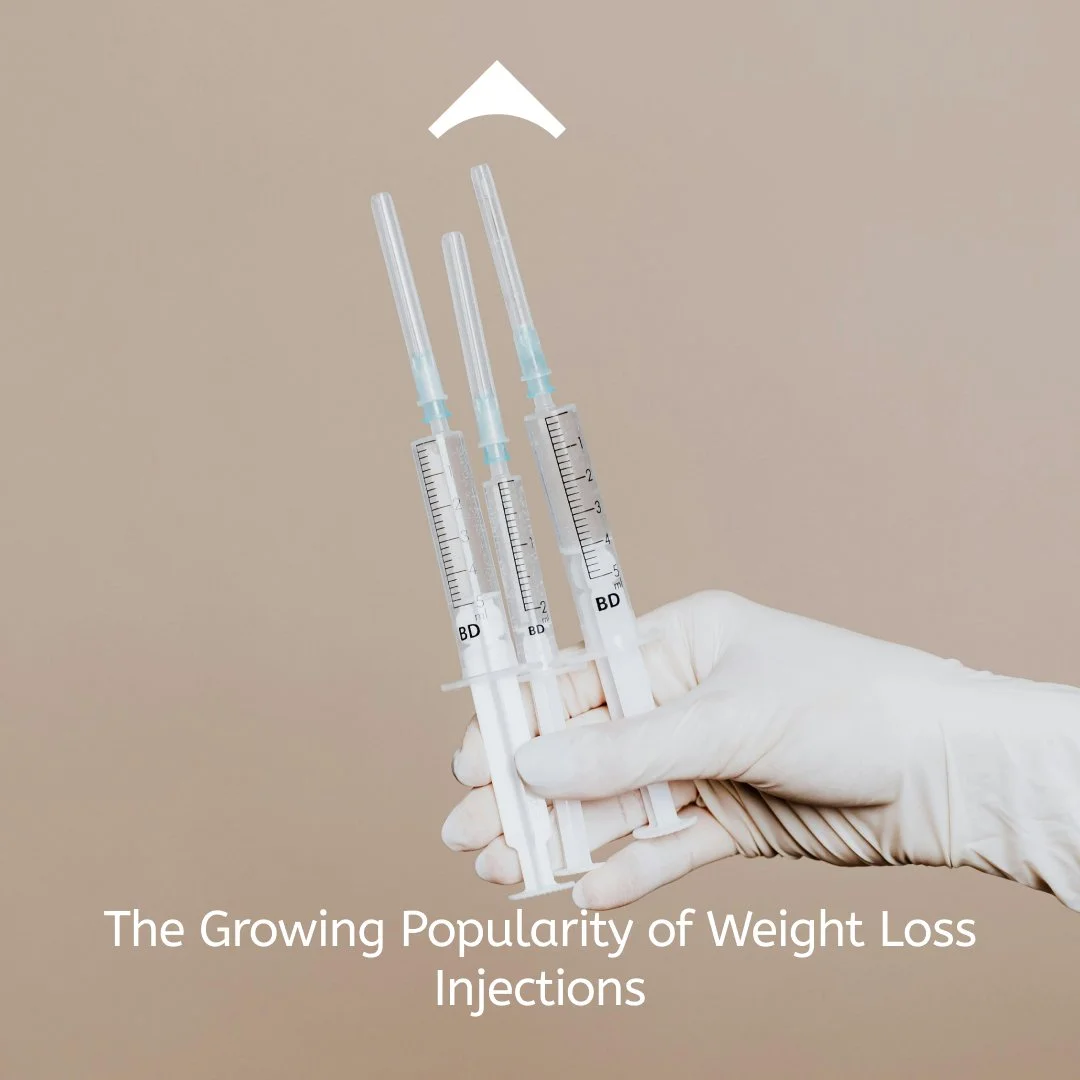The Growing Popularity of Weight Loss Injections: A Call for Caution and Responsibility
I feel compelled to speak out about the increasing normalisation of weight loss injections as a one-size-fits-all solution to a deeply complex issue. As a trainer and someone who cares deeply about people’s health and well-being, I’ve watched this trend unfold with growing concern.
Across social media, clinics, and even casual conversations, drugs like Ozempic, Wegovy, Saxenda, and Mounjaro are being promoted as miracle cures — quick fixes to long-standing health and body image struggles. But what troubles me is how easily they’re being prescribed and how lightly the potential long-term consequences are being addressed.
Let me be clear: I’m not against medical innovation. I fully support new tools and technologies that can assist people on their health journeys. But I’m increasingly uncomfortable with how these weight loss injections are being marketed and prescribed, often without a full, balanced understanding of their effects and risks.
At the core, these medications mimic the hormone GLP-1, which regulates appetite and digestion. On the surface, this sounds like a smart approach. But suppressing such essential bodily functions long-term may lead to serious complications — particularly to the digestive system, including the intestines and bowels, which are critical to our overall health.
How often are doctors clearly explaining these risks to patients? How accurately is the media representing both sides of the story? How easy is it for friends to talk up the benefits while glossing over the downsides—intentionally or not?
It feels like the narrative is skewed toward convenience and profit rather than patient safety and sustainable health.
The reality is, we only have limited long-term data (approximately four years) on the effects of these injections. Is that really enough to justify mass adoption?
I strongly believe that anyone considering these treatments deserves 360-degree support — involving doctors, dietitians, therapists, and fitness professionals working together. This approach ensures not just short-term weight loss, but long-term health, both physically and mentally.
Unfortunately, I fear pharmaceutical companies are prioritizing profit over empathy. There is a fundamental conflict of interest when companies that profit from these drugs are allowed to dominate the narrative around their use. So I ask: What’s more important — profit or people?
We need action. Immediate shutdowns and harsh penalties for unauthorized or backstreet suppliers must be enforced. Only qualified, thoroughly vetted medical professionals should be allowed to prescribe these medications, and only after all other options have been explored.
Originally, these injections were developed to help those with diabetes — yet today, many users don’t have the condition at all. This is not just about access, it’s about misuse.
To governing bodies, healthcare professionals, and those considering these drugs: It’s time to stand up. Let’s work together to find real, sustainable solutions before this spirals further out of control.
And to anyone considering this path — ask yourself a few important questions first:
Do you have people who love and support you?
Are there children or others who rely on you?
Are you turning to this as a last resort, or as a shortcut?
If you answered yes to any of these, think carefully. This decision affects more than just you.
There may be a place for these treatments — but only for the right individuals, under the right guidance, and with full education and support. Understand what you’re putting into your body. Have a plan. Focus on building sustainable, long-term health, not just a quick fix.
You are not alone.
Embrace the journey toward a healthier positive change.
Really think though the risks.
Stay blessed
Bobby Moka

